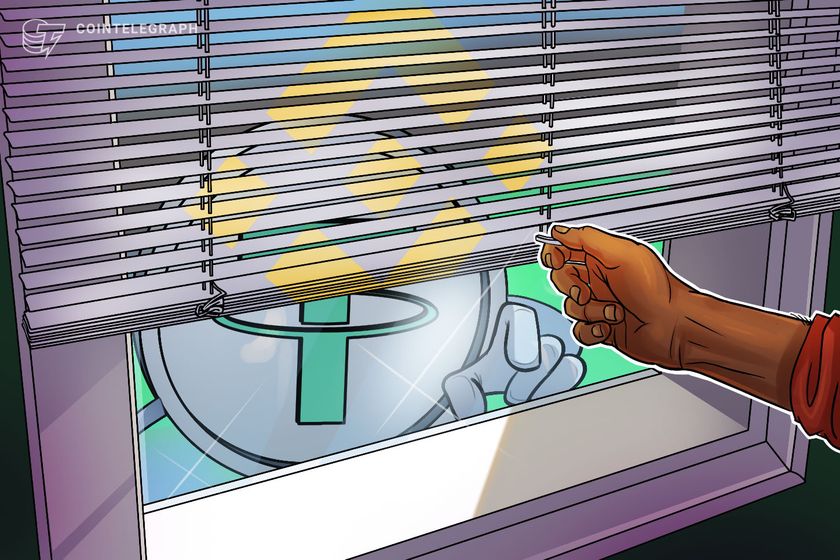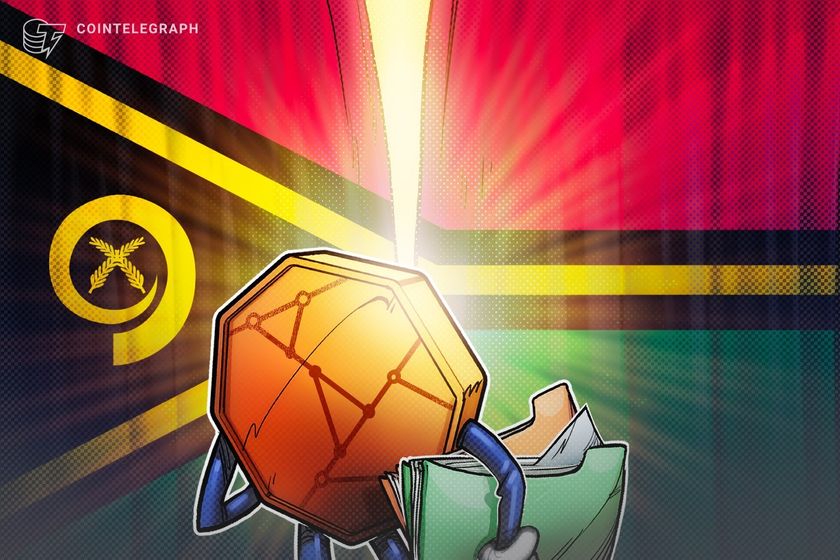

The New York State Attorney General’s (NAYG) recent legal action against Galaxy Digital over its promotional ties to the now-collapsed cryptocurrency Terra (LUNA) was unfair and an abuse of the legal system, says SkyBridge Capital and founder Anthony Scaramucci.
“It’s LAWFARE, pure and simple due to an obscure but dangerously powerful New York law known as the Martin Act,” Scaramucci said in a March 28 X post.
Martin Law can “open the door for abuse”
“The law has no need to prove intent, creating a low standard of proof that can open the door for abuse like this. It shouldn’t exist,” he said.
New York’s Martin Act is one of the US’s strictest anti-fraud and securities laws, allowing prosecutors the power to pursue financial fraud cases without needing to prove intent. The NAYG alleged that Galaxy Digital violated the Martin Act over its alleged promotion of Terra, with Galaxy Digital agreeing to a $200 million settlement.
According to NAYG documents filed on March 24, Galaxy Digital acquired 18.5 million LUNA tokens at a 30% discount in October 2020, then promoted them before selling them without abiding by disclosure rules.
Scaramucci reiterated that Galaxy CEO Michael Novogratz was under the impression everything he was saying about Luna was true, as he had been deceived by Terraform Labs and its former CEO, Do Kwon.
Source: Amanda Fischer
Meanwhile, MoonPay president of enterprise, Keith Grossman, said he had never heard of the Martin Act and had to look it up using AI chatbot ChatGPT.
“It is so broad and essentially is the essence of lawfare,” Grossman said. “Sorry you got caught in the crosshairs of it, Mike,” he added.
Related: Sonic unveils high-yield algorithmic stablecoin, reigniting Terra-Luna ‘PTSD’
The filing alleged that Galaxy helped a “little-known” token, referring to LUNA, increase its market price from $0.31 in October 2020 to $119.18 in April 2022 while “profiting in the hundreds of millions of dollars.”
Asset manager and investor Anthony Pompliano said he isn’t familiar with the details of the lawsuit but vouched for Novogratz, calling him a “good man” who has devoted a lot of time and money to helping others.
The Terra collapse is one of the crypto industry’s most infamous failures. In March 2024, SEC attorney Devon Staren said in the US District Court for the Southern District of New York that Terra was a “house of cards” that collapsed for investors in 2022.
Magazine: Arbitrum co-founder skeptical of move to based and native rollups: Steven Goldfeder



